TMJ Disorder
TMJ or TMD? You may have heard both of these when referring to jaw pain – and both would be correct in a sense. TMJ stands for temporomandibular joint, while TMD stands for temporomandibular disorder – the actual condition that affects the joint. This condition may be responsible for pain and discomfort not just in your jaw, but other parts of the face or body that can have a big impact on your day-to-day life.
What is TMJ Disorder?
The TMJ connects your upper and lower jaw, and aids in your ability to chew, bite, speak and more. When issues such as misalignment, arthritis, grinding or clenching arise, among others, TMD can also develop. Millions of people around the world suffer from TMD without realizing it, and may not realize a host of problems they suffer are related to the jaw at all, leading to delayed treatment that just makes matters worse.
What are the symptoms of TMJ Disorder?
TMJ Disorder can be the cause of many different kinds of symptoms, including:
- Headache
- Chronic facial pain
- Earache
- Dizziness
- Jaw clicking/popping
- Difficulty chewing or speaking
- Difficulty closing or opening the mouth
- Ringing in the ears
- A feeling of numbness in the arms/fingers
- Pain in the shoulder, neck, and/or back
TMJ Disorder Treatment Options
Fortunately, there are a number of advanced treatment options that can help to alleviate the symptoms of TMJ Disorder. These include:
This essentially involves an intricate examination of your bite to see if the teeth are fitting together naturally and functioning well. If not, a bite adjustment may be the best way to reduce stress on the temporomandibular joint and diminish pressure that’s being placed on the teeth. In some cases, a polishing of the teeth can allow for a better relationship between the teeth, the muscles surrounding the mouth, and the temporomandibular joint. In others, dental treatments such as porcelain veneers or correction of teeth misalignment with Invisalign® may be recommended.
Medications such as Ibuprofen can hemo with temporary pain relief for muscle or facial pain, headaches, and swelling. These are not meant to be permanent solutions, and other more specific medications may be prescribed to you based on your unique needs.
Preliminary TMD treatment includes nightguards or mouthguards. These appliances reduce stress on the jaw that may be associated with nighttime clenching or grinding. The appliances are custom-fit for you, and placed over your teeth to reposition the jaw into a proper biting position while you sleep.
Misaligned teeth and biting irregularities are a common cause of TMD, and as such may be corrected with restorative dental techniques. The application of crowns or bridges on affected teeth may help, or you could benefit from braces or invisalign treatment.
In rare cases, surgery may be required to relieve the symptoms of TMD. This is often a last resort, after all other options have been exhausted. In this case, we will discuss the options available to you during a consultation.
